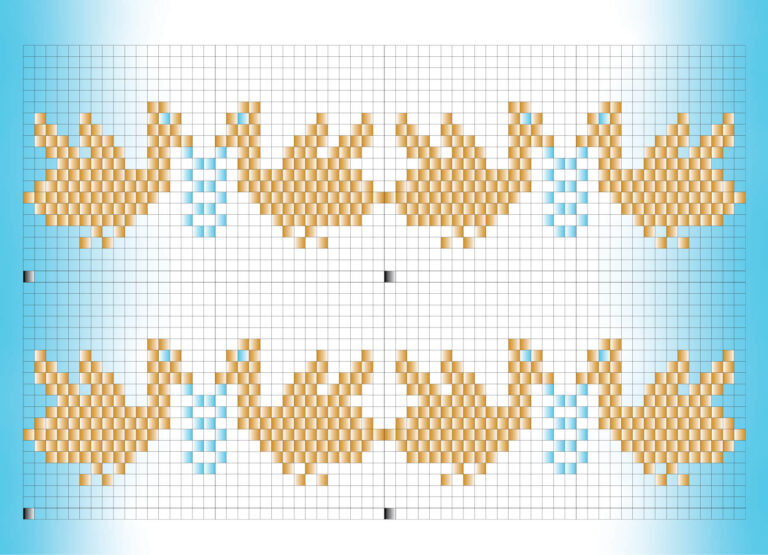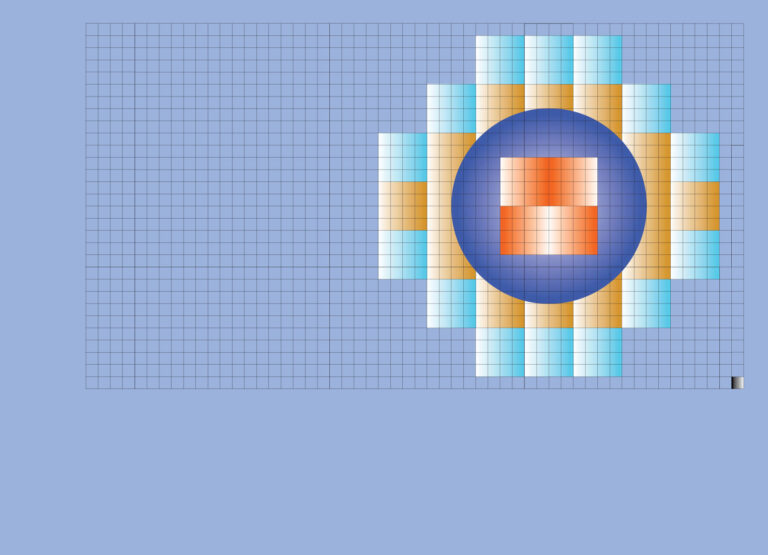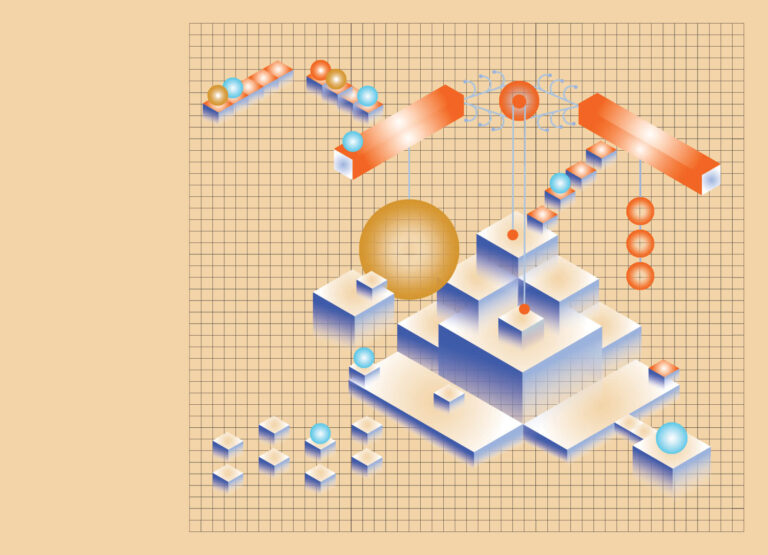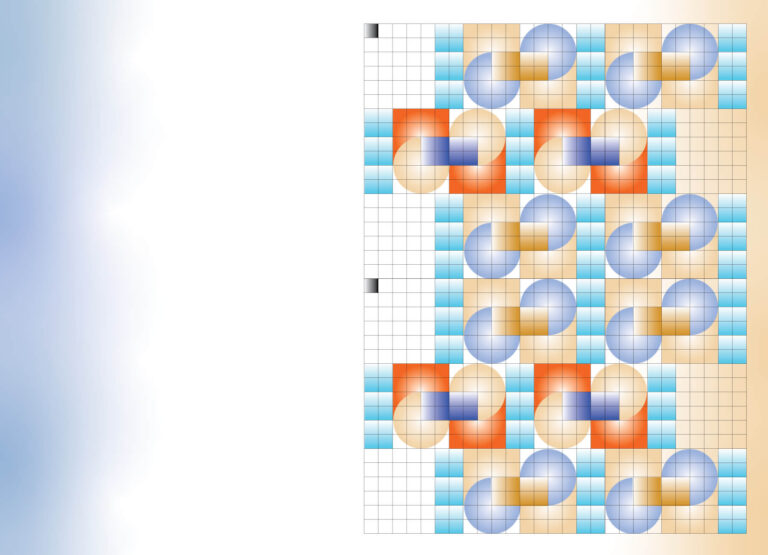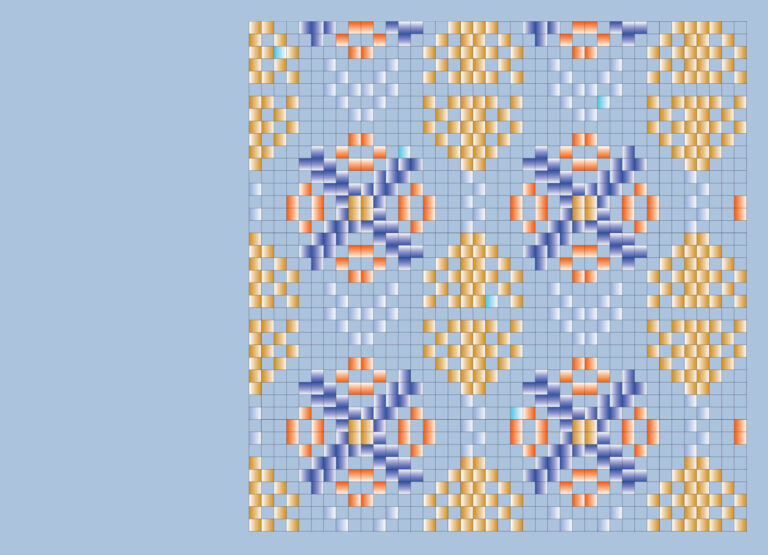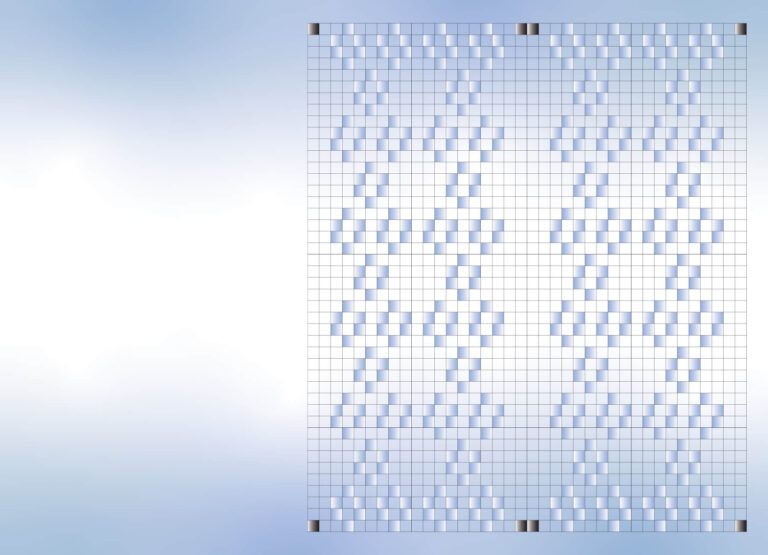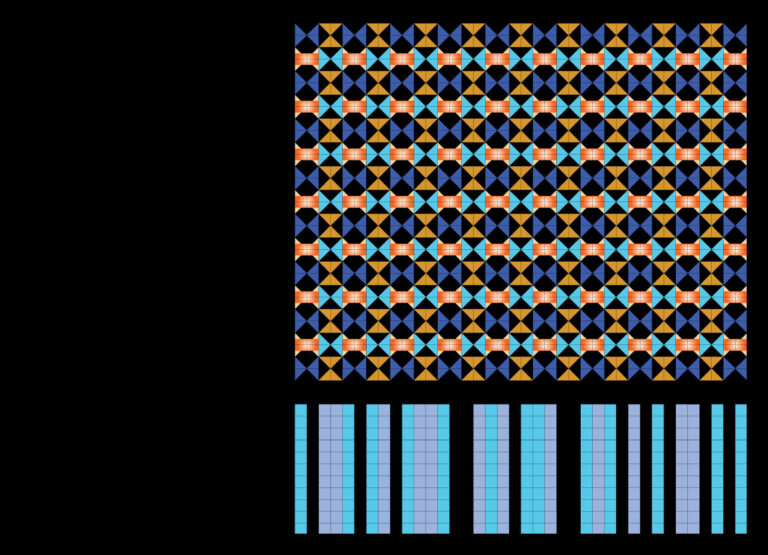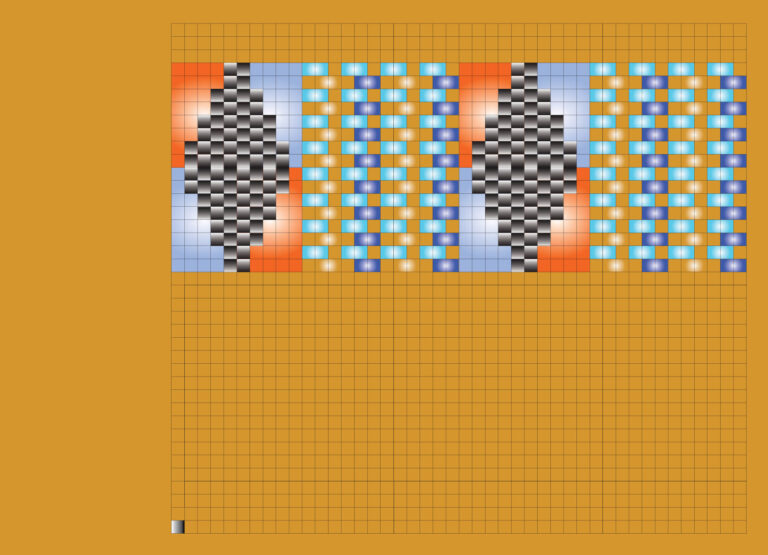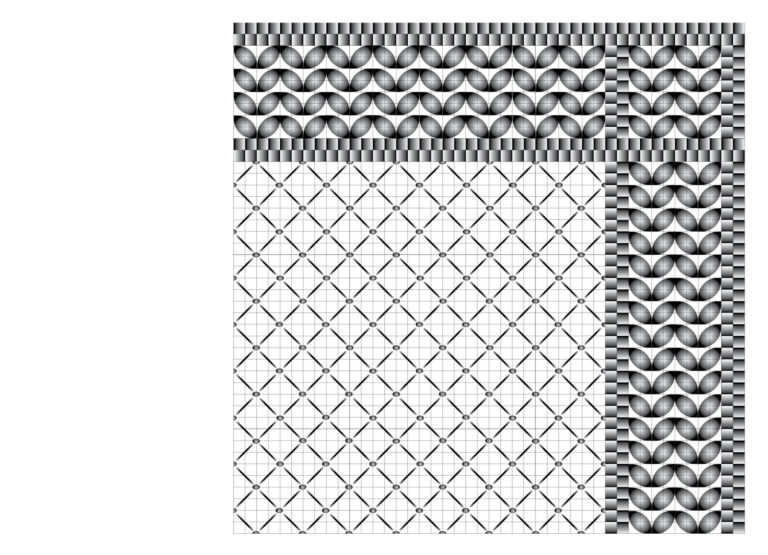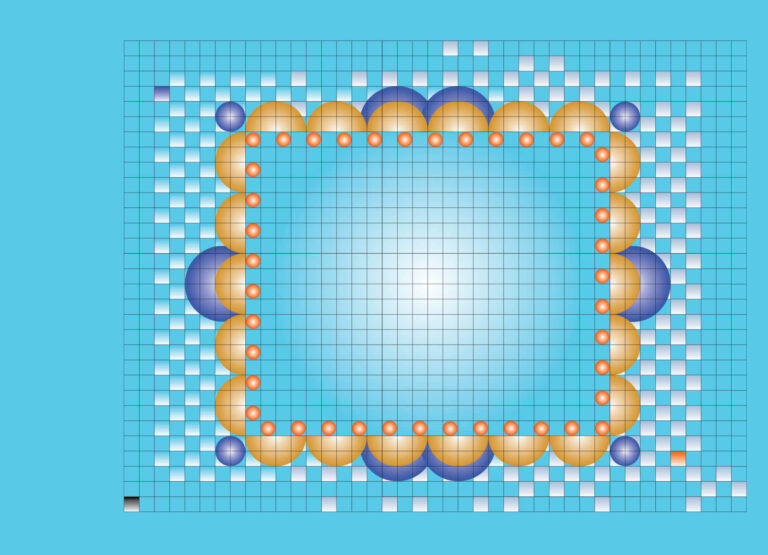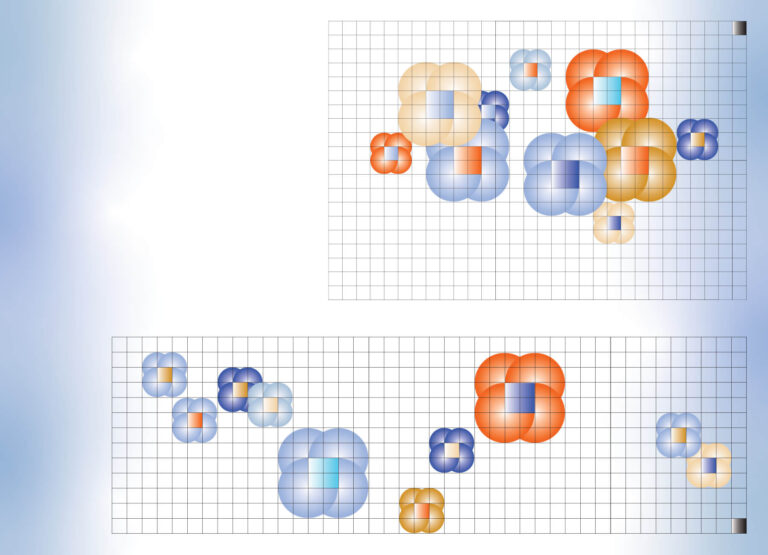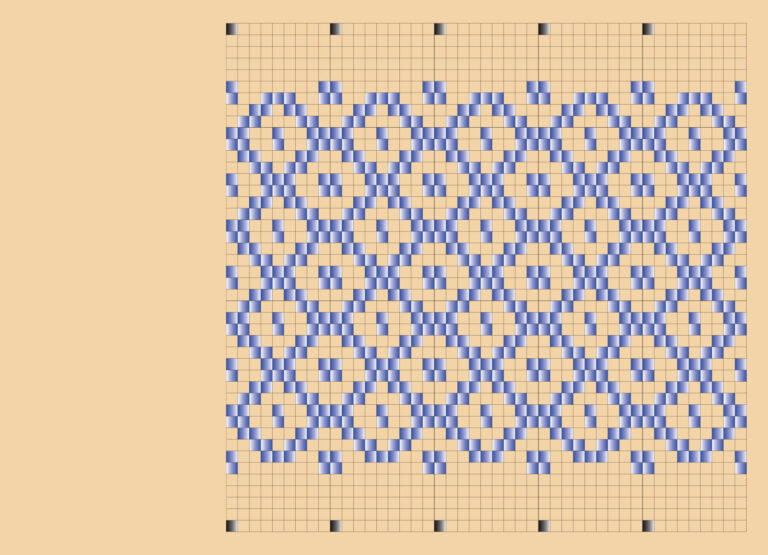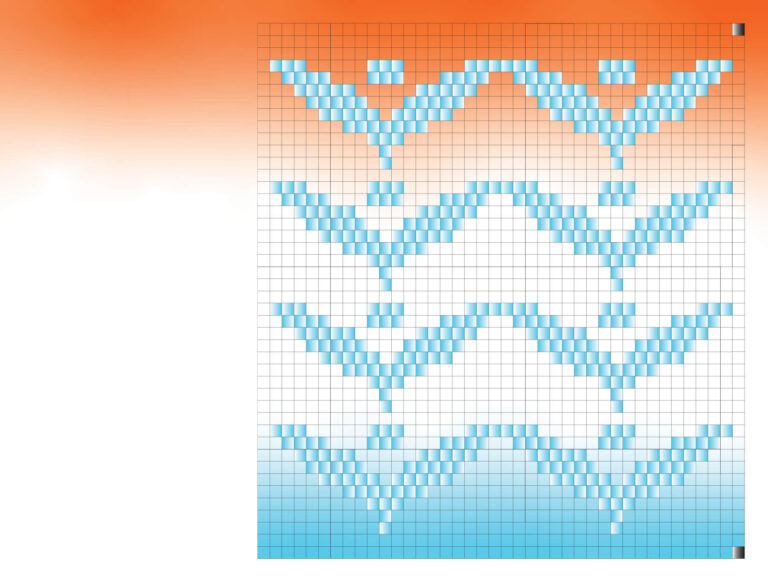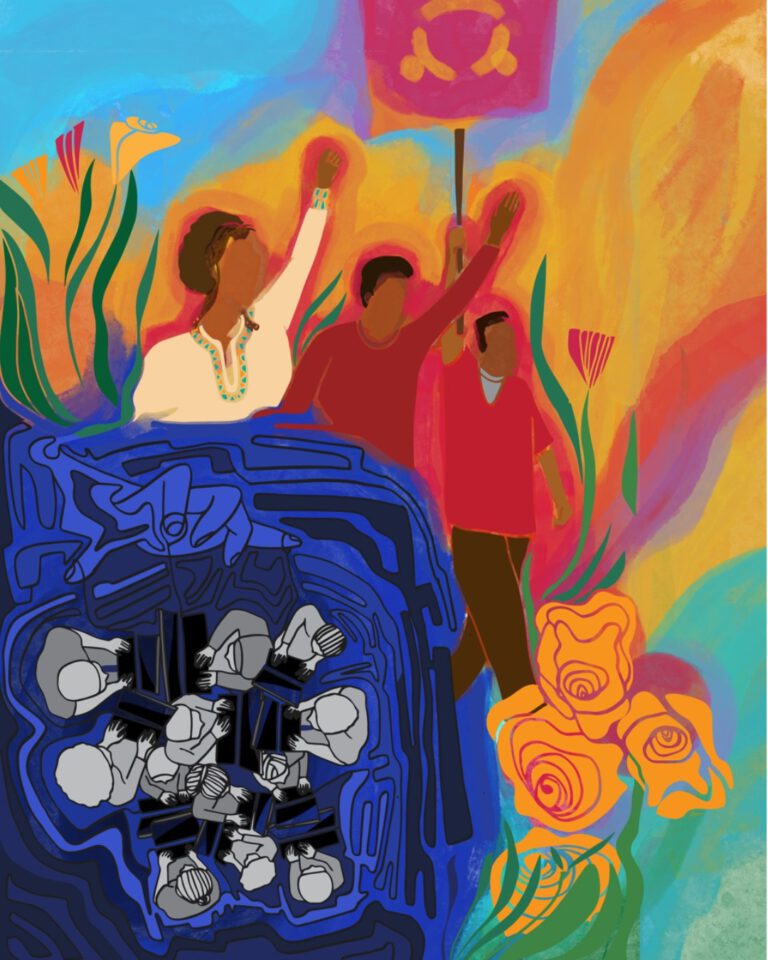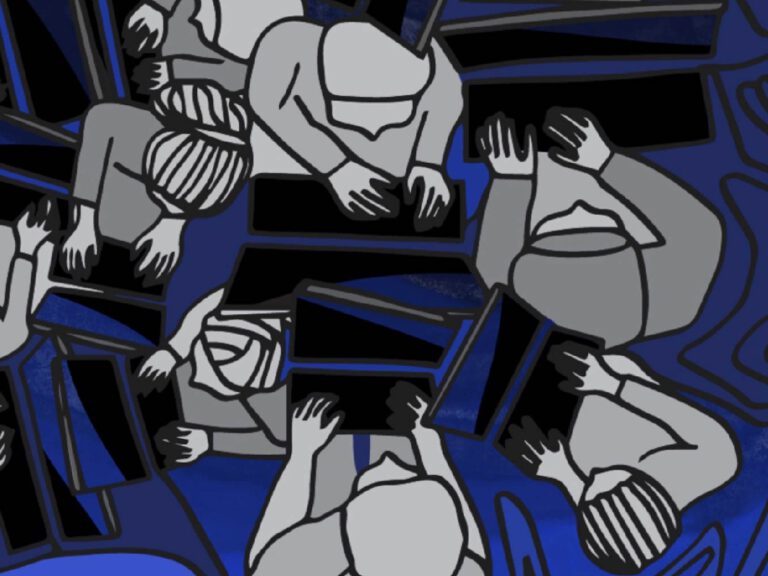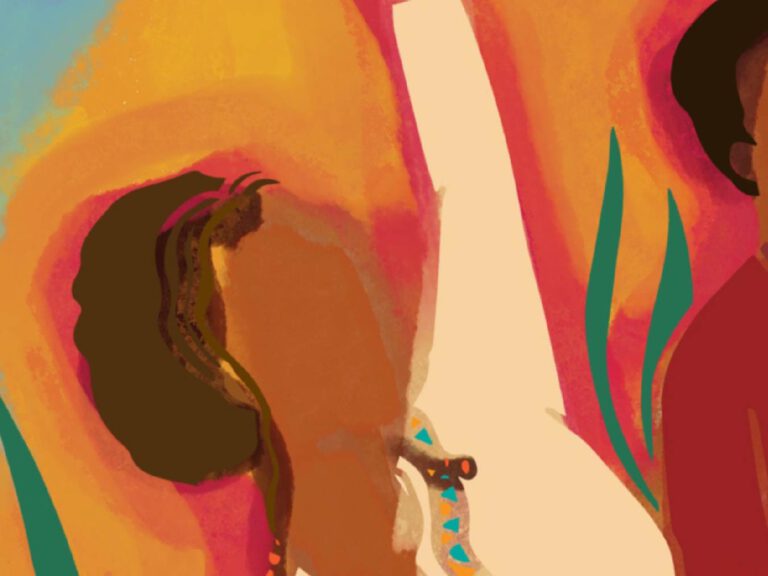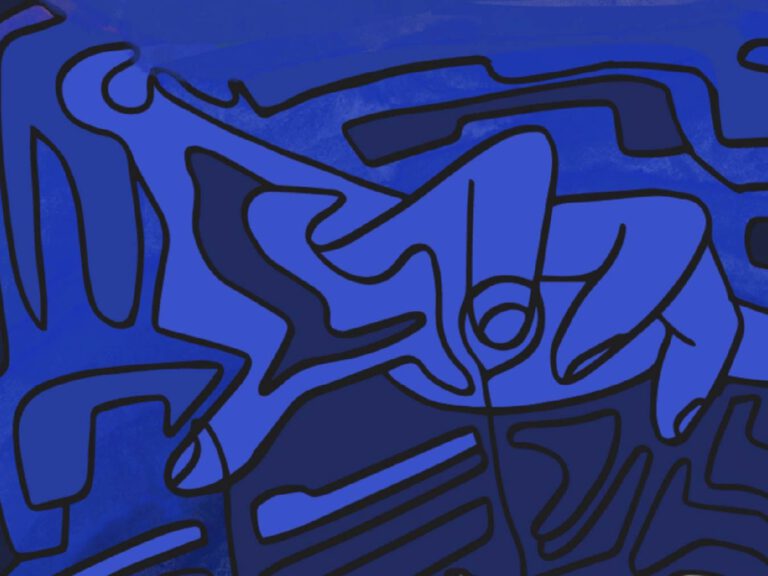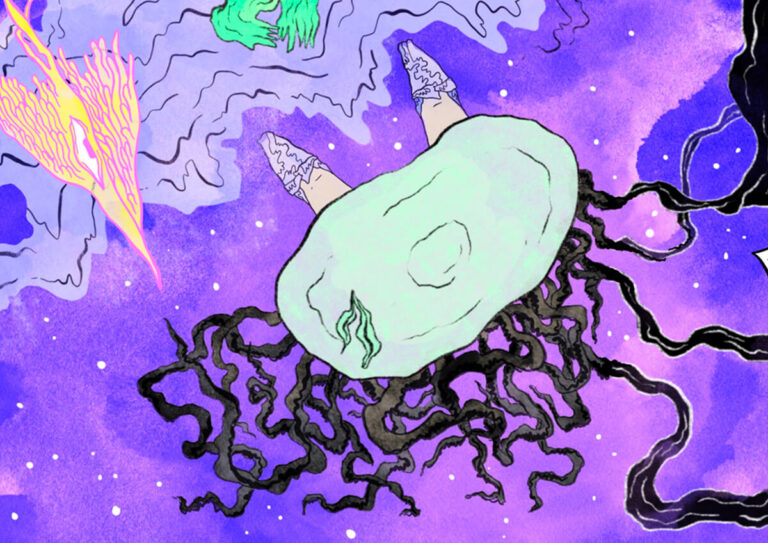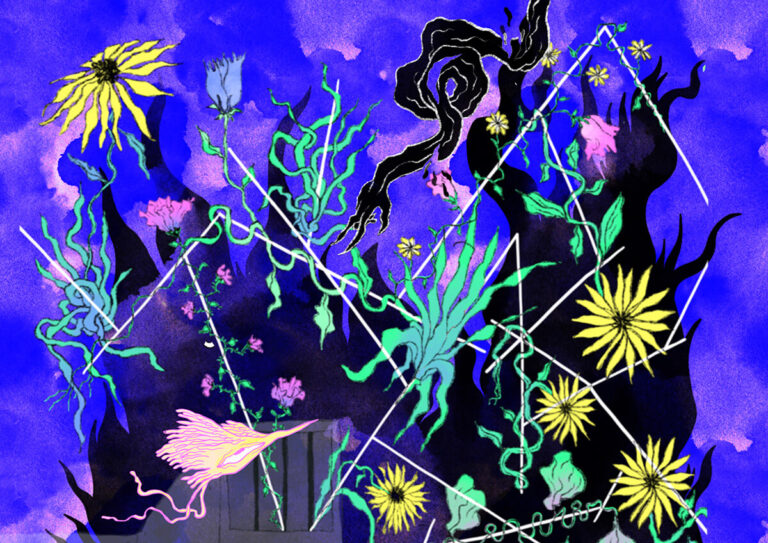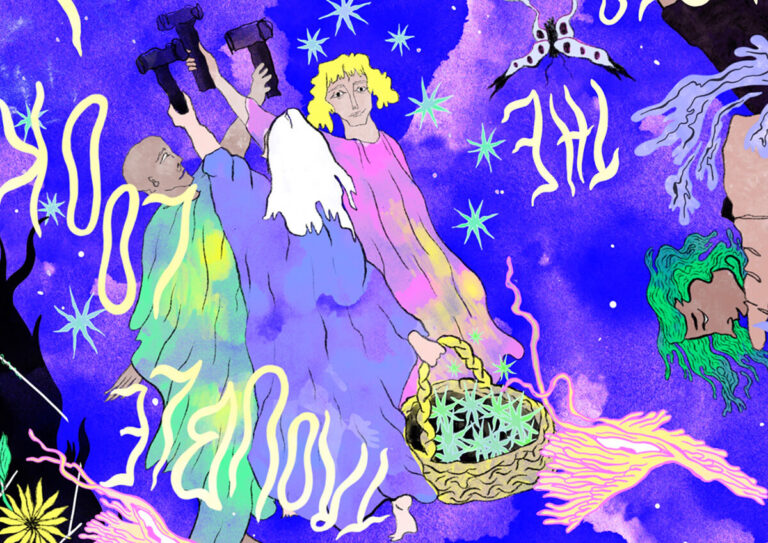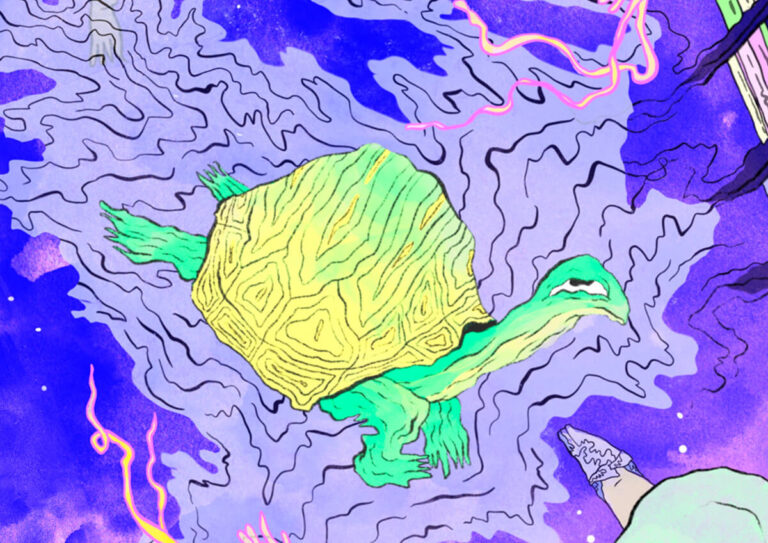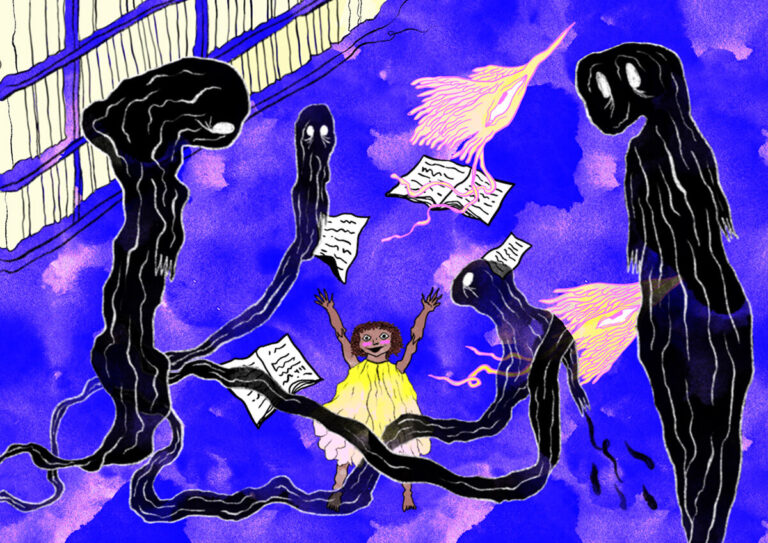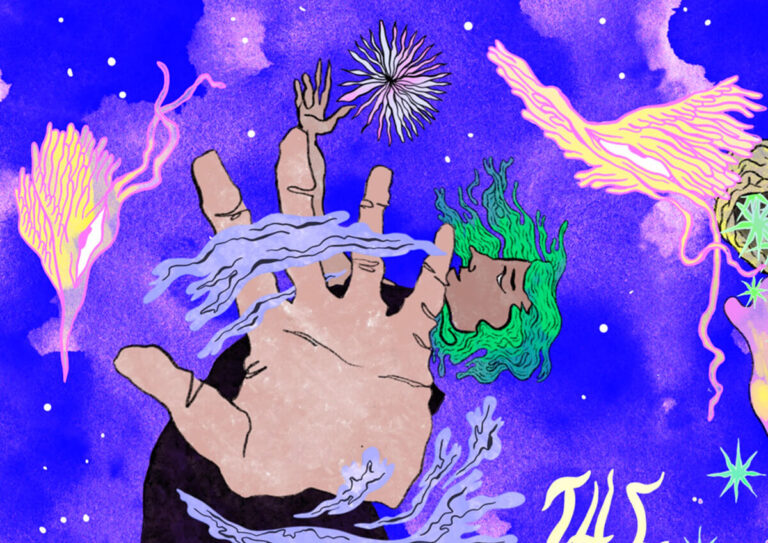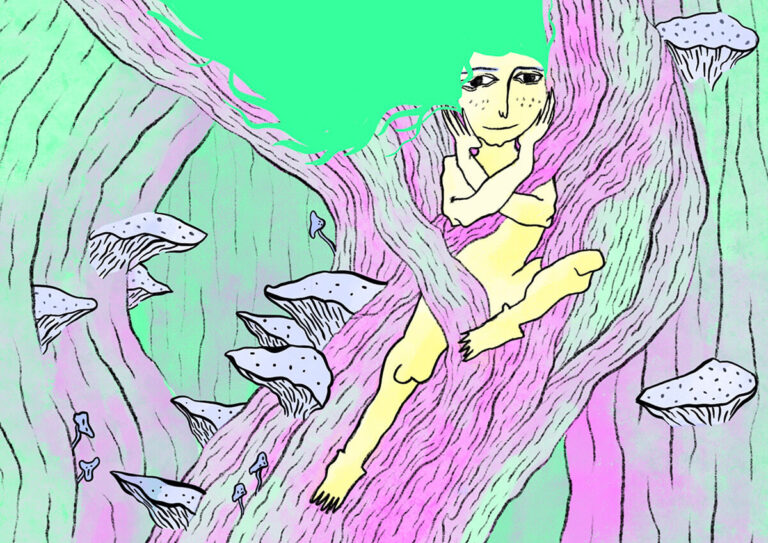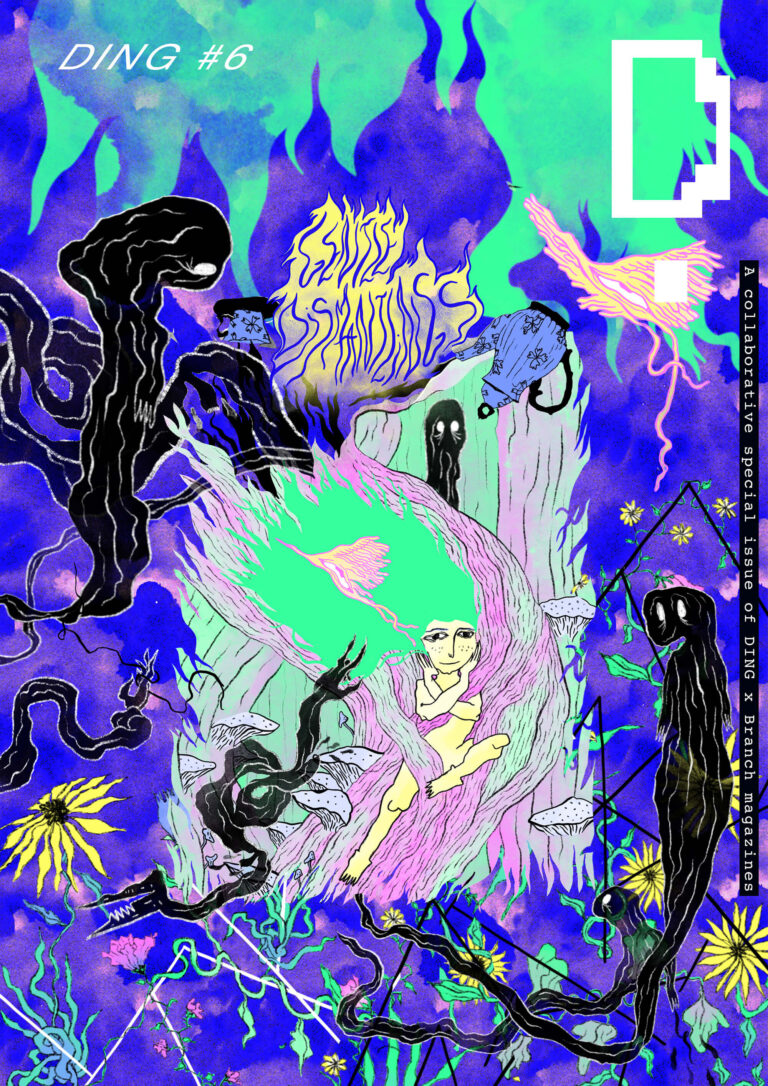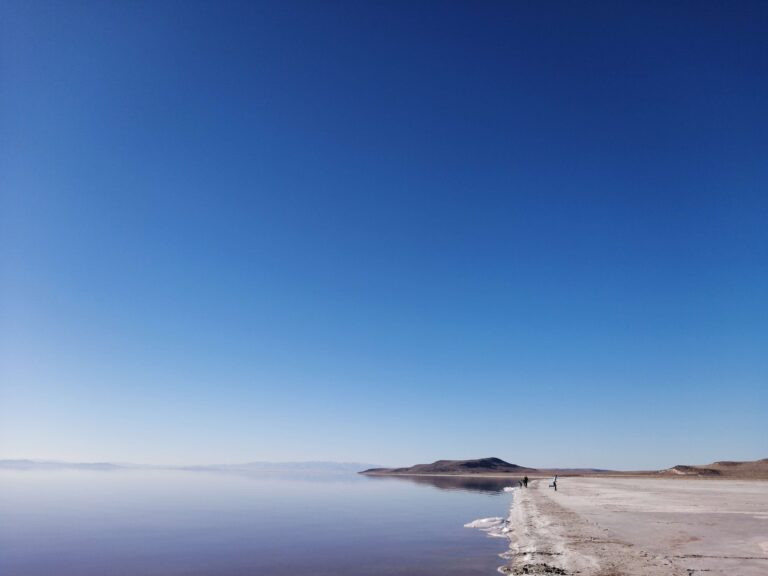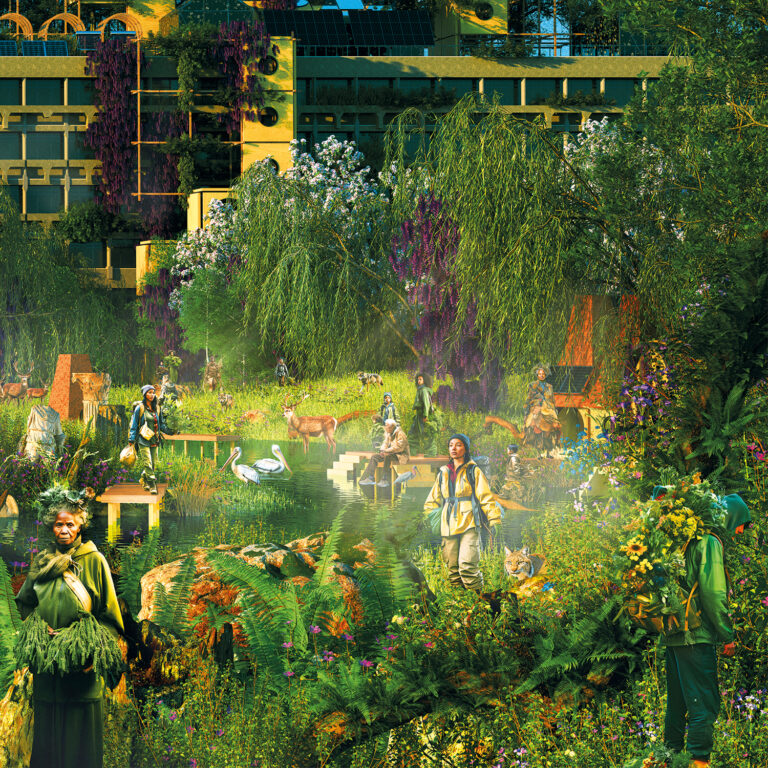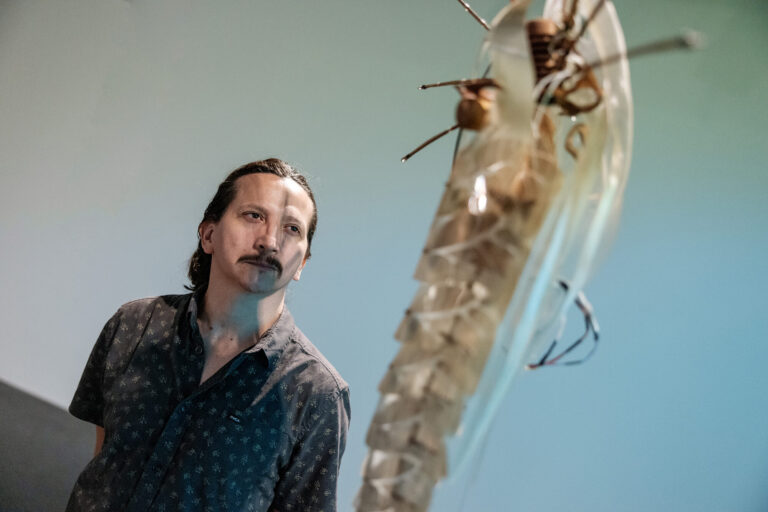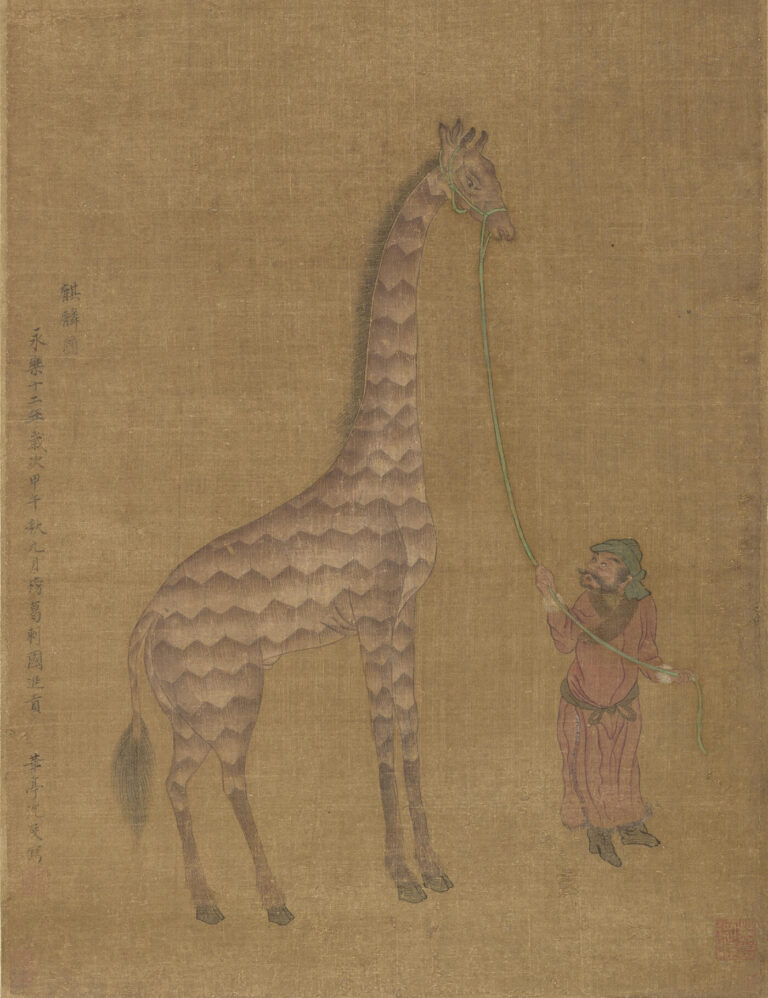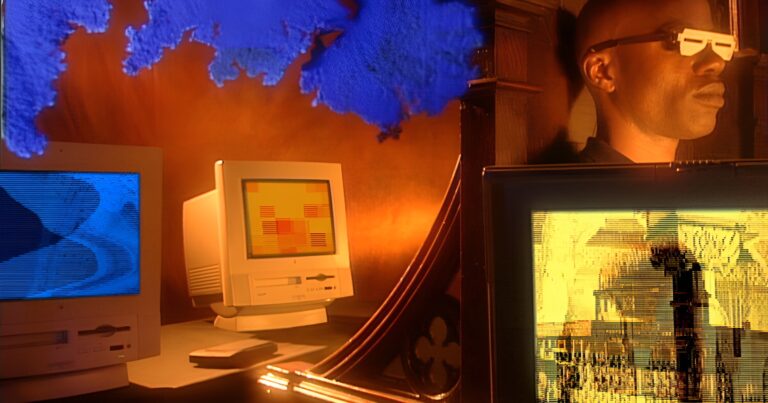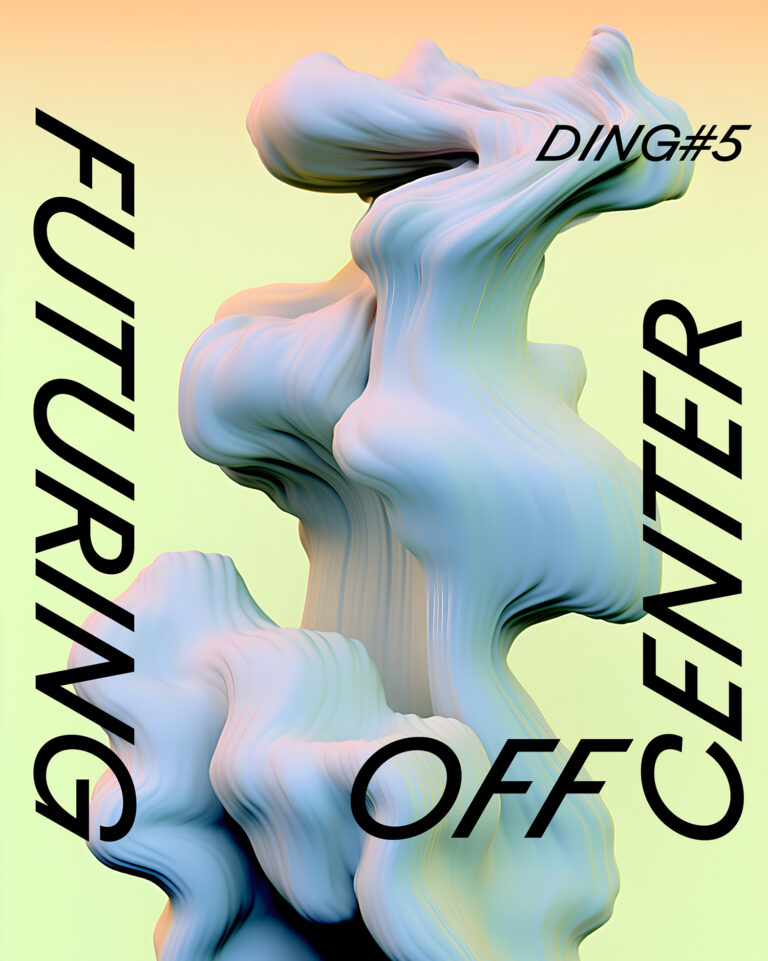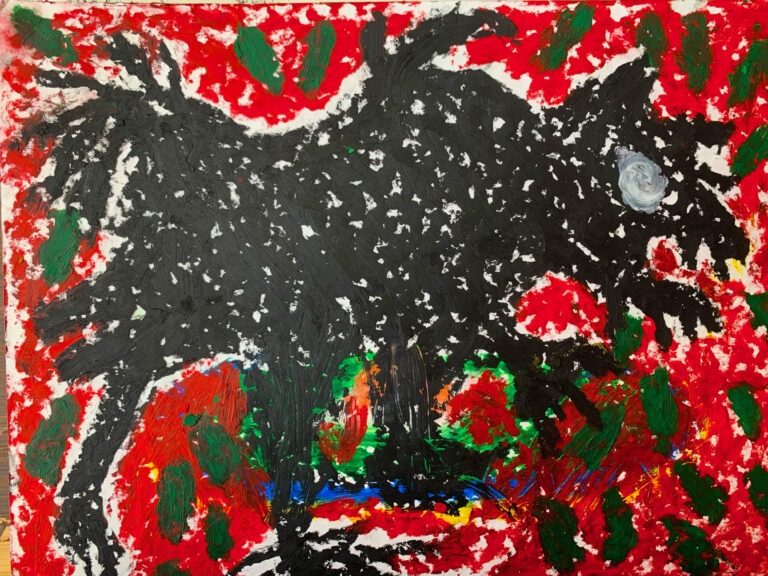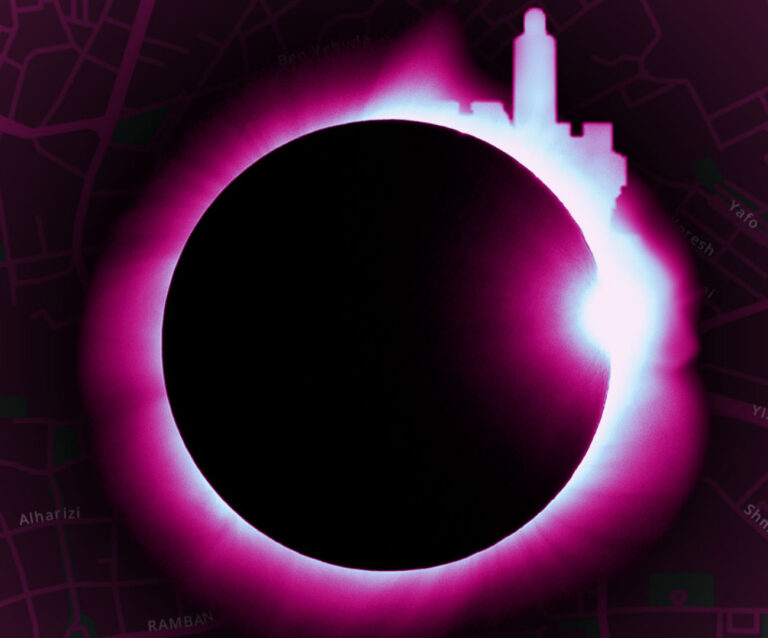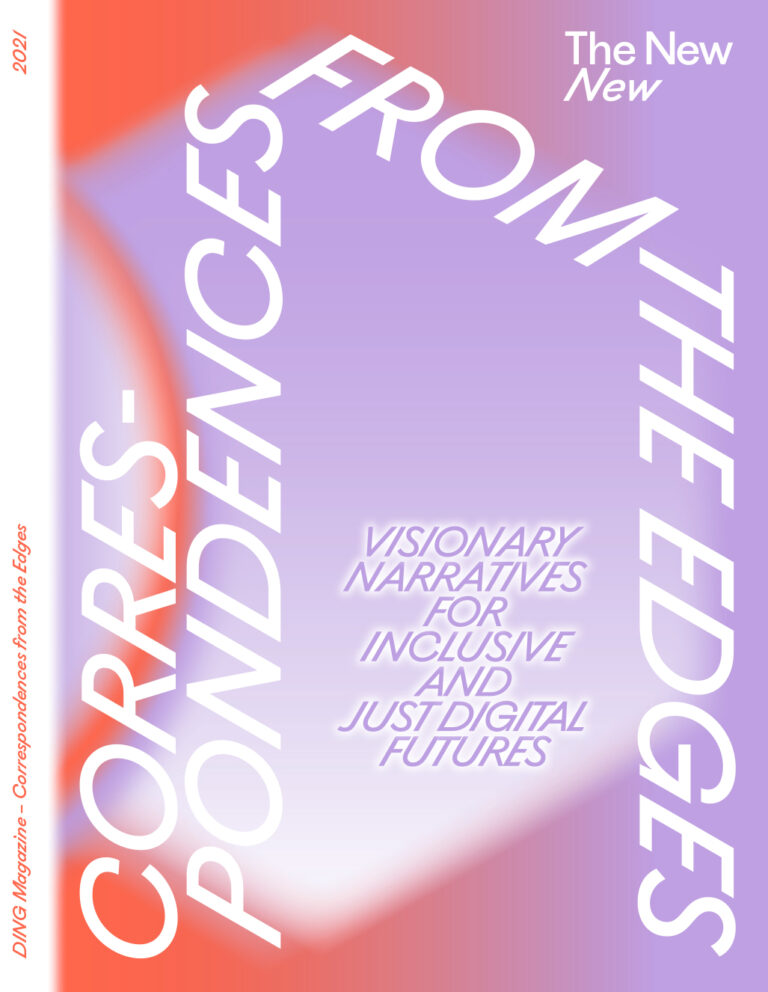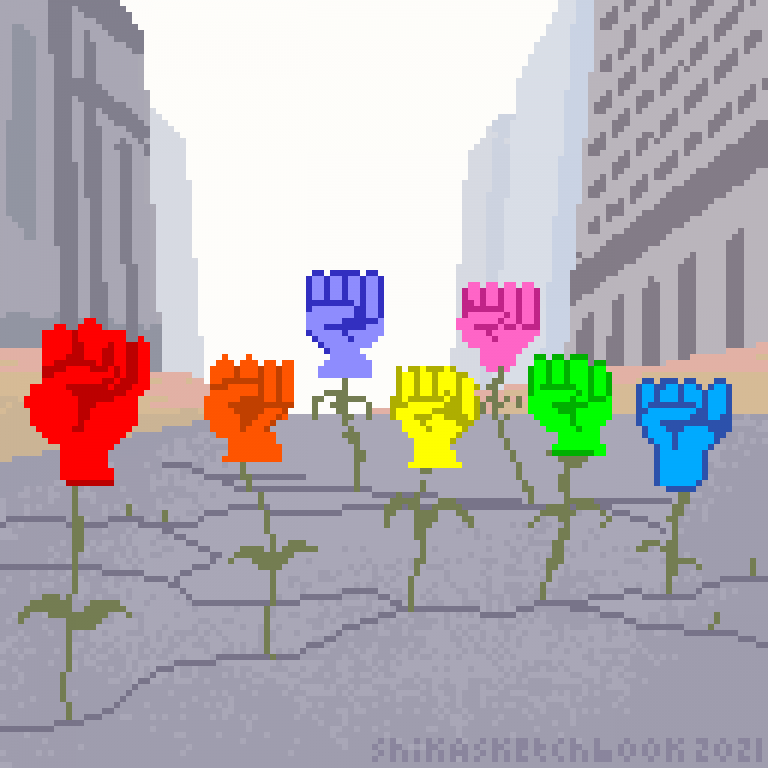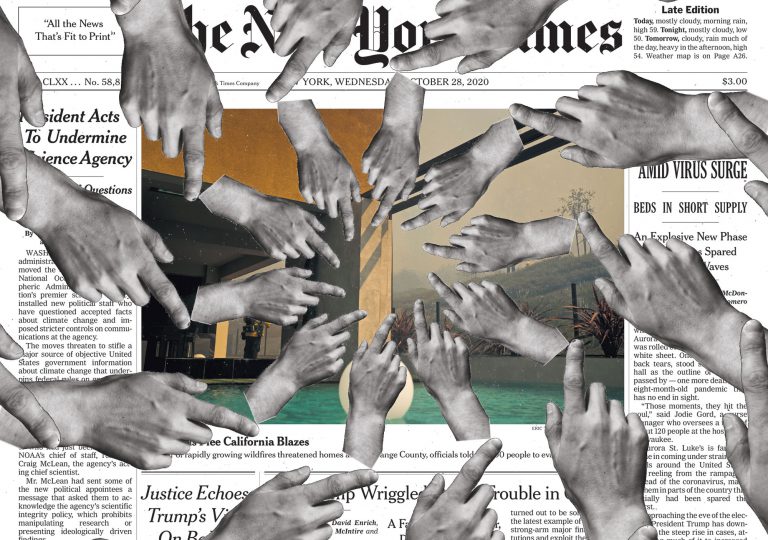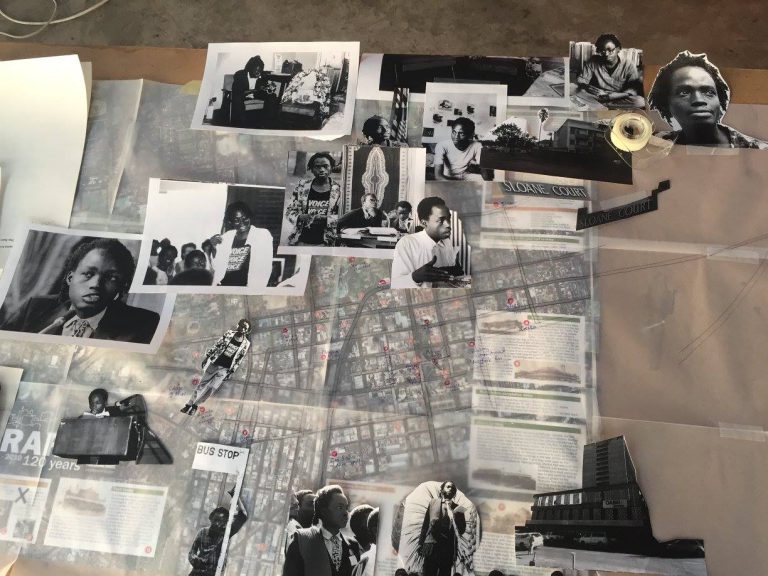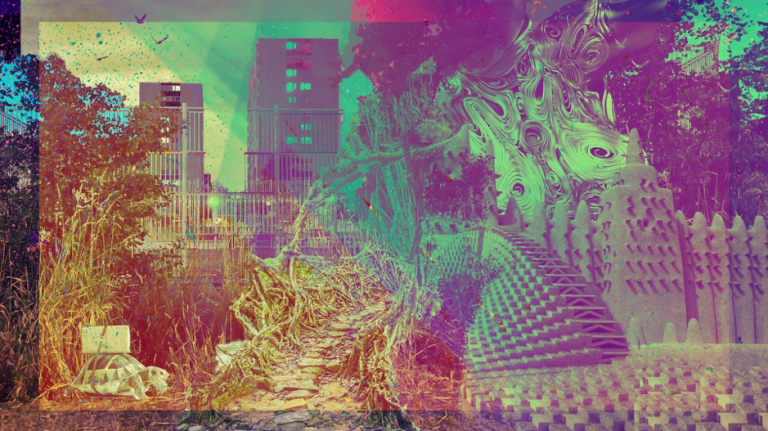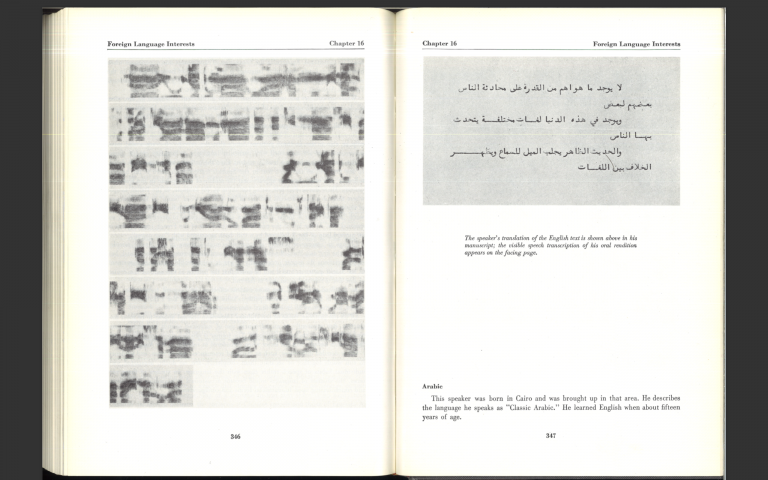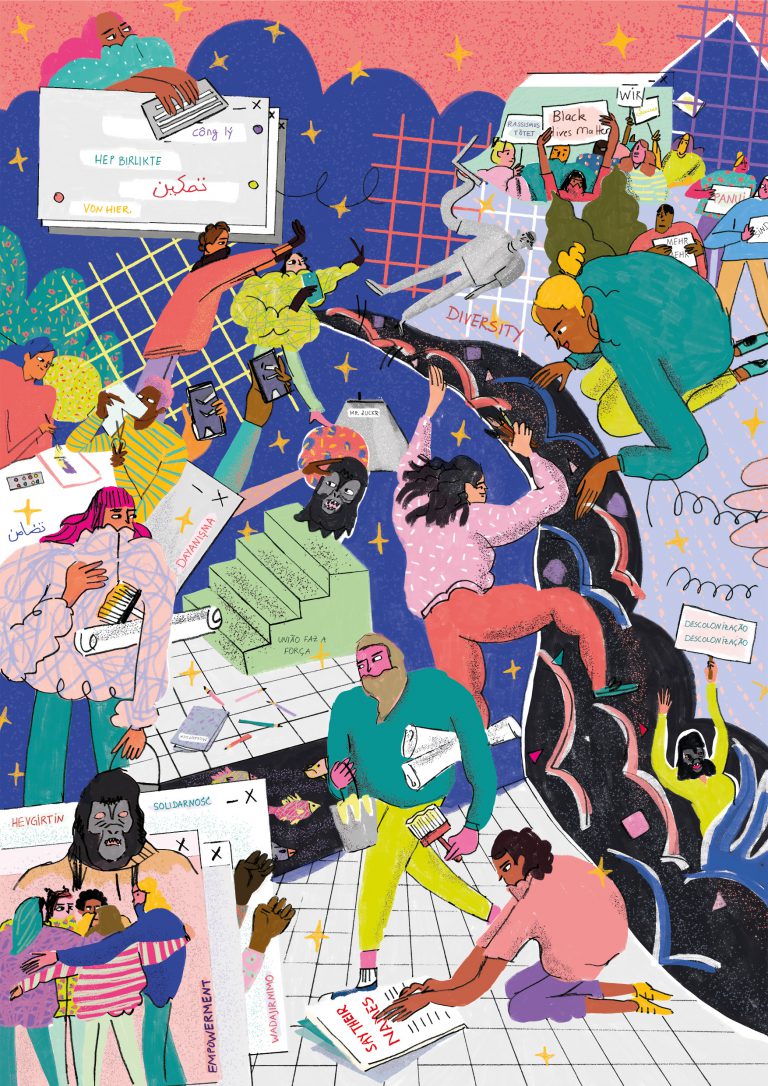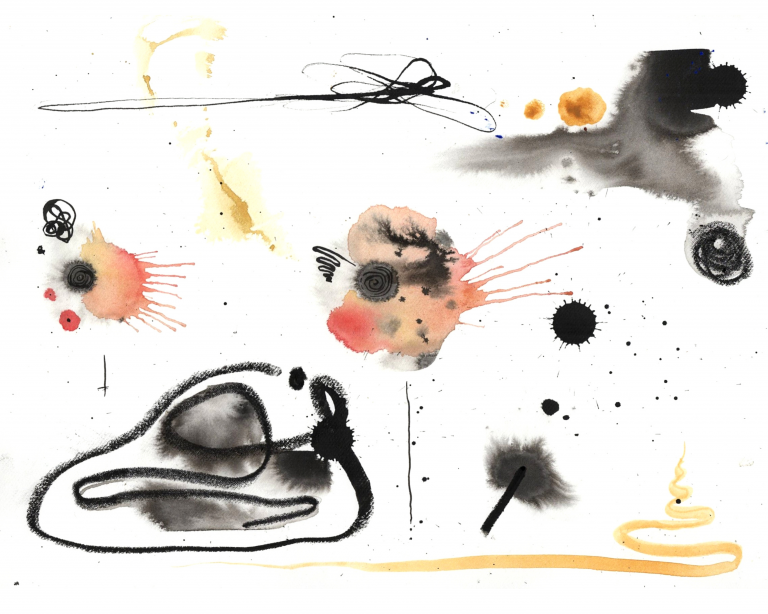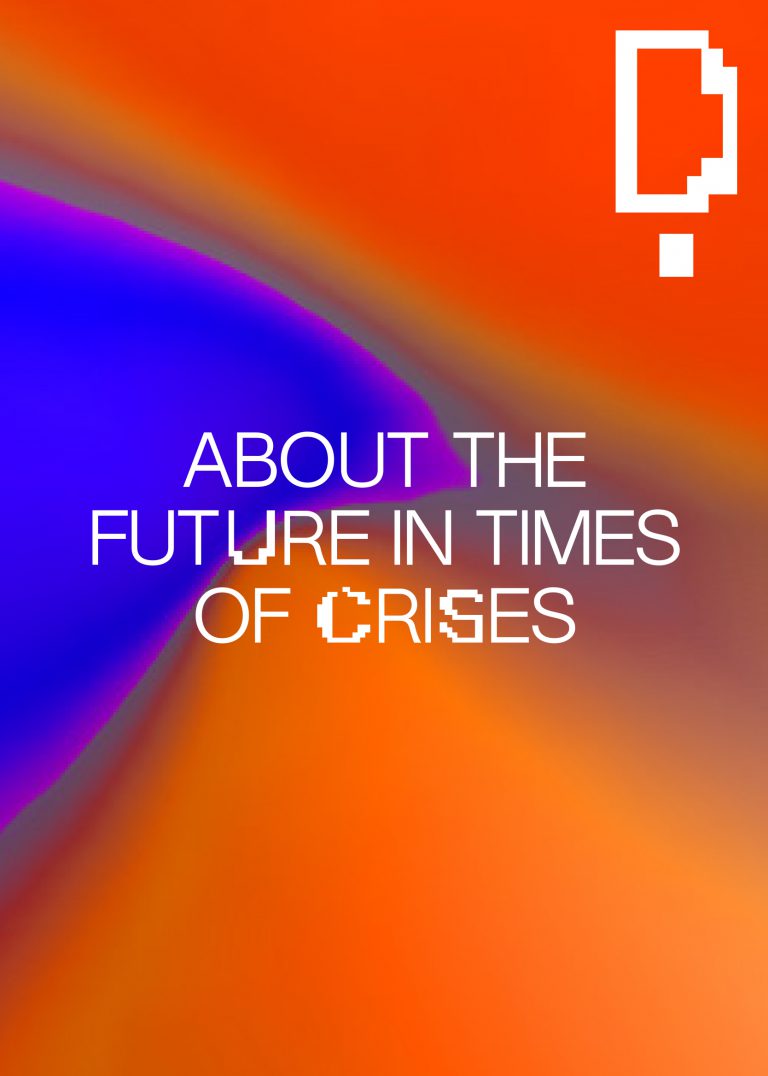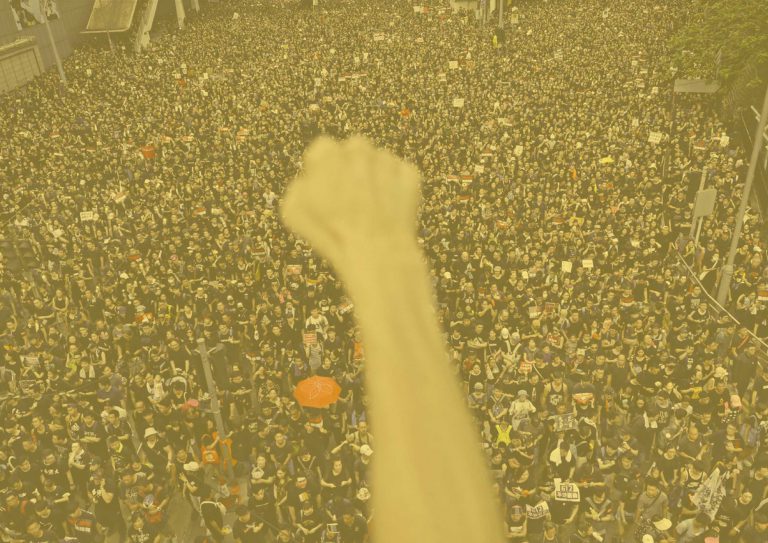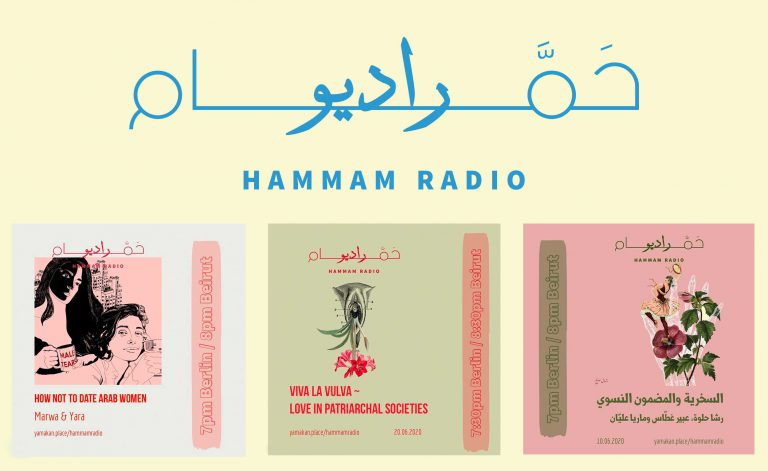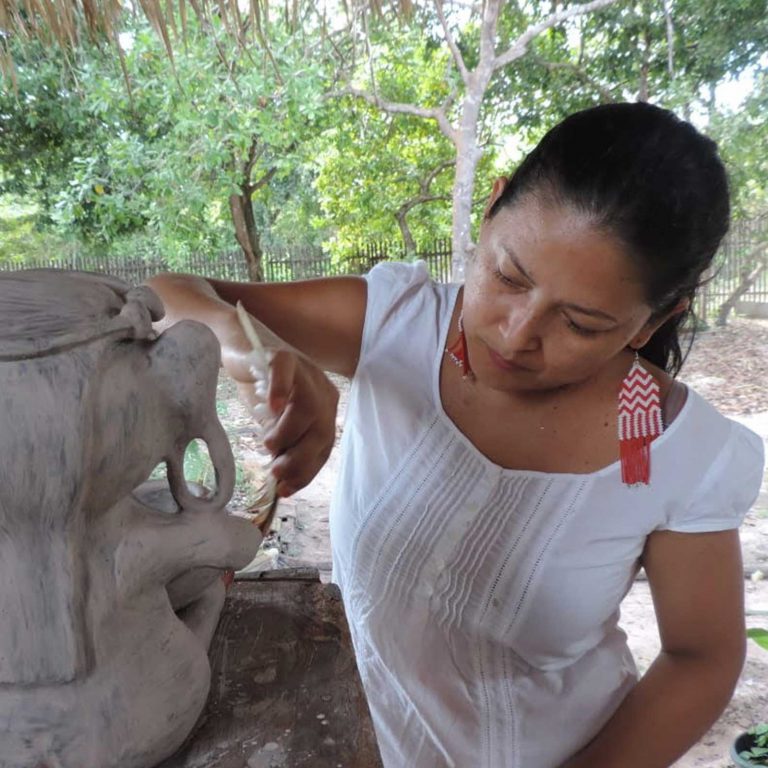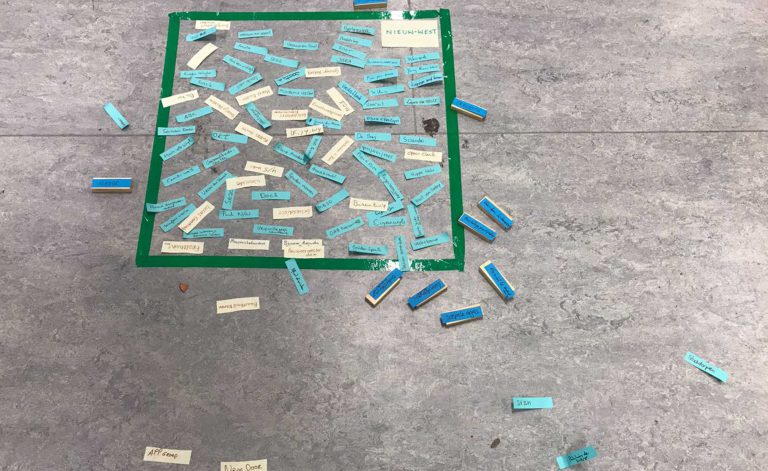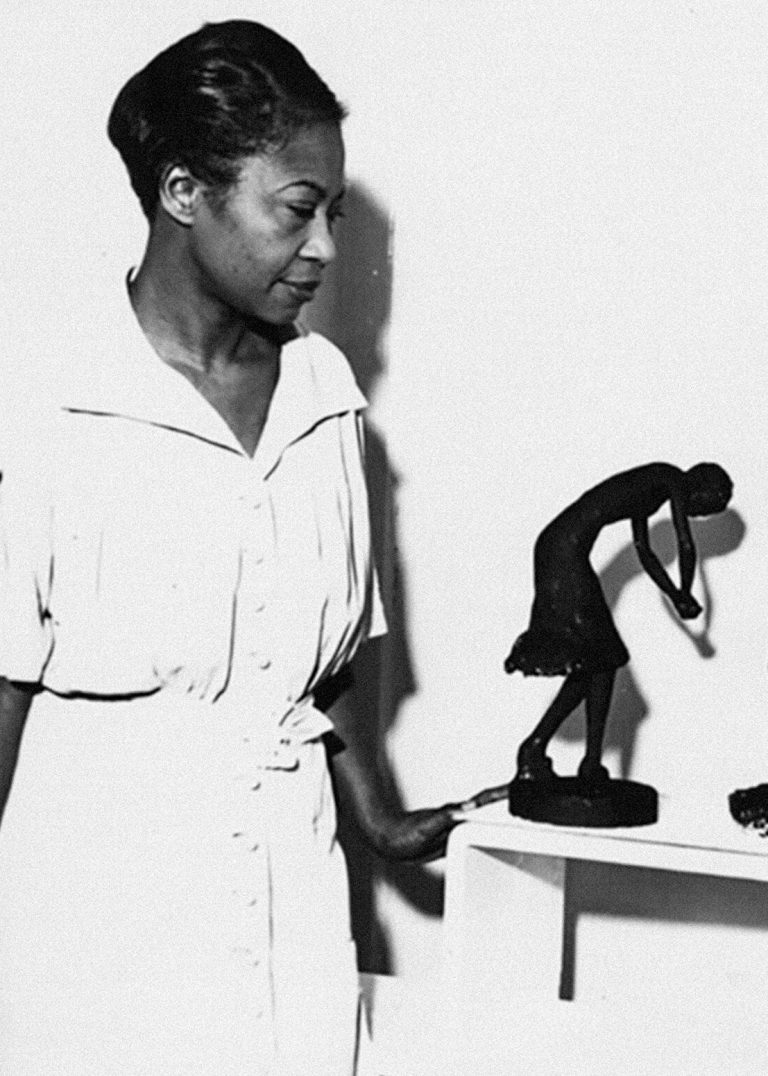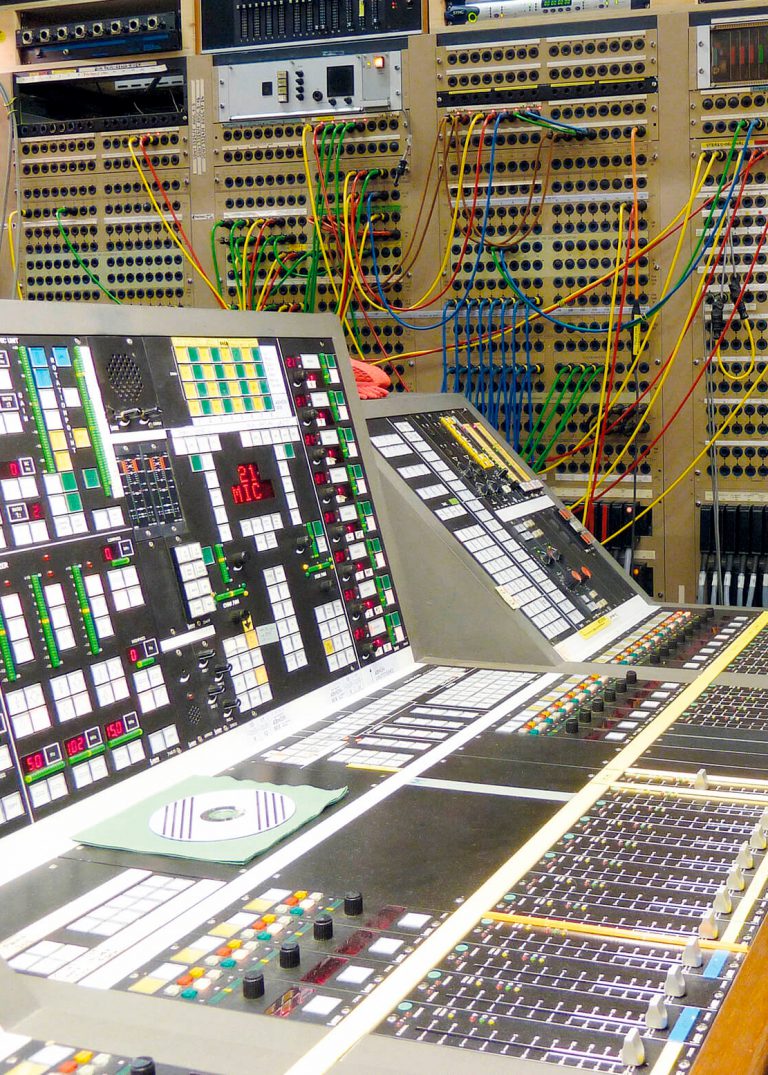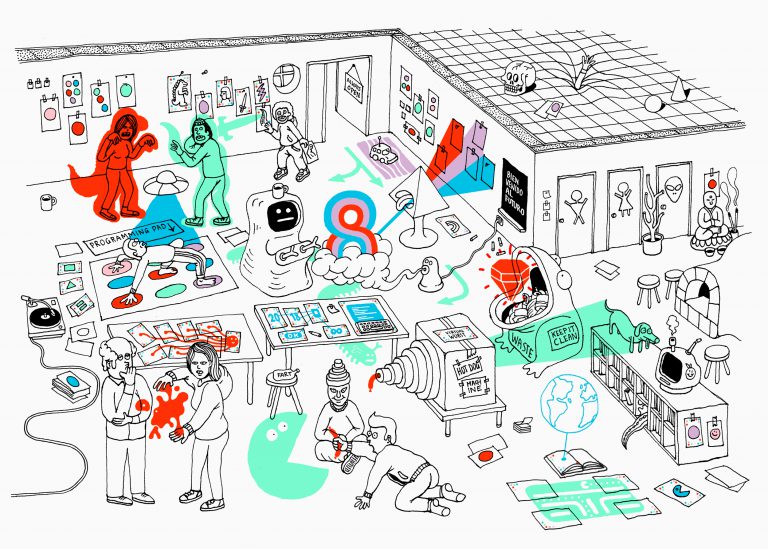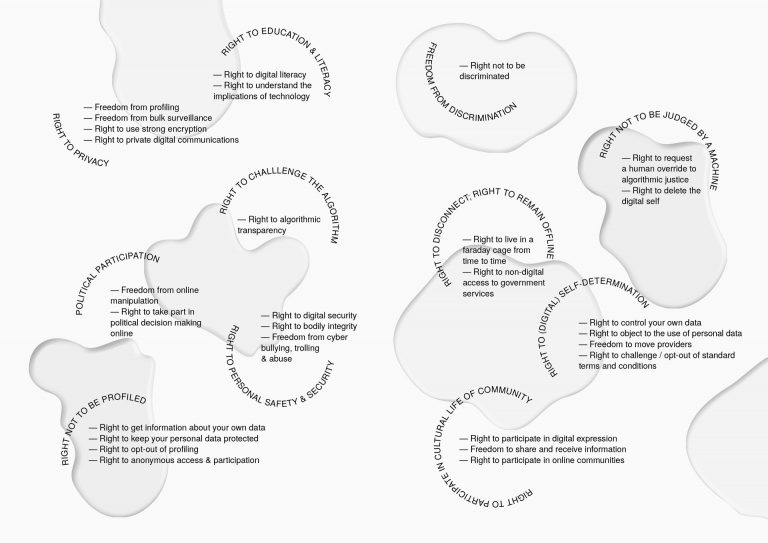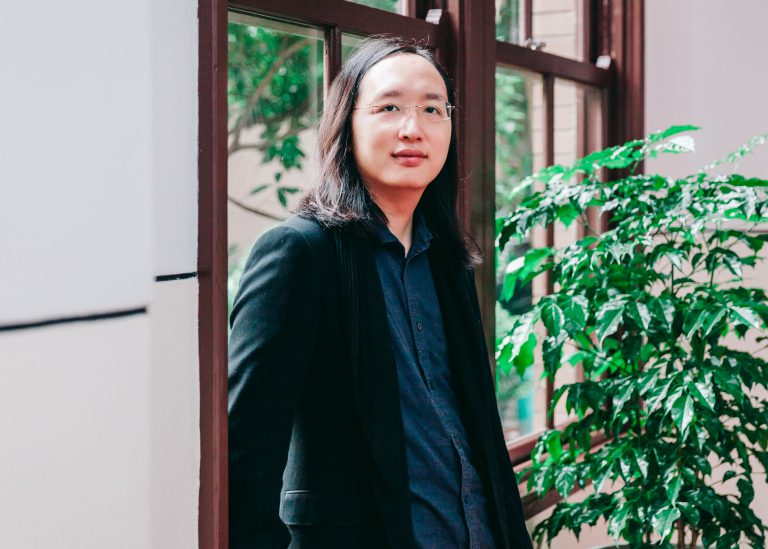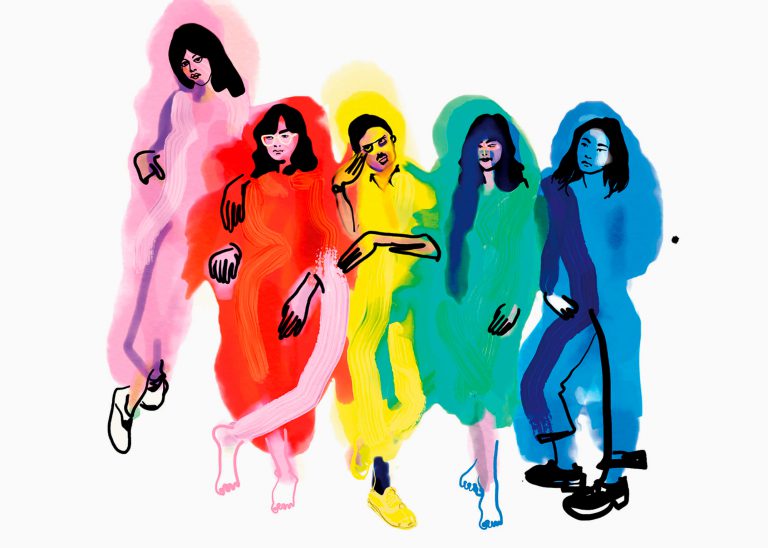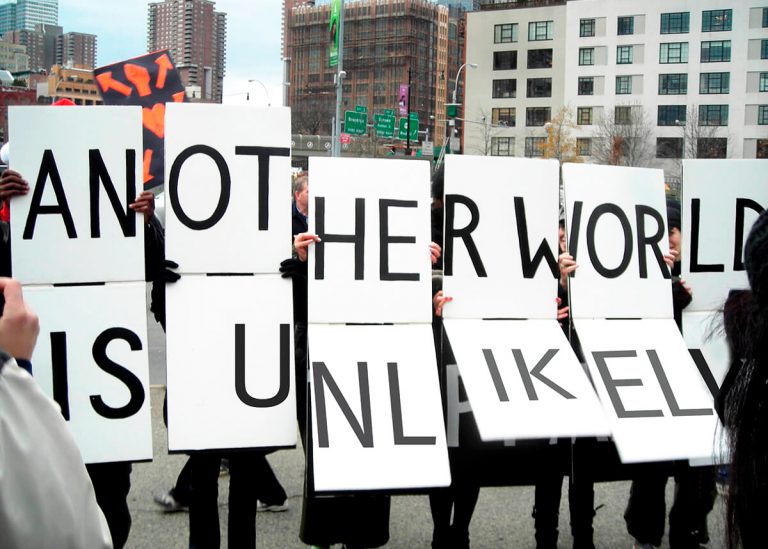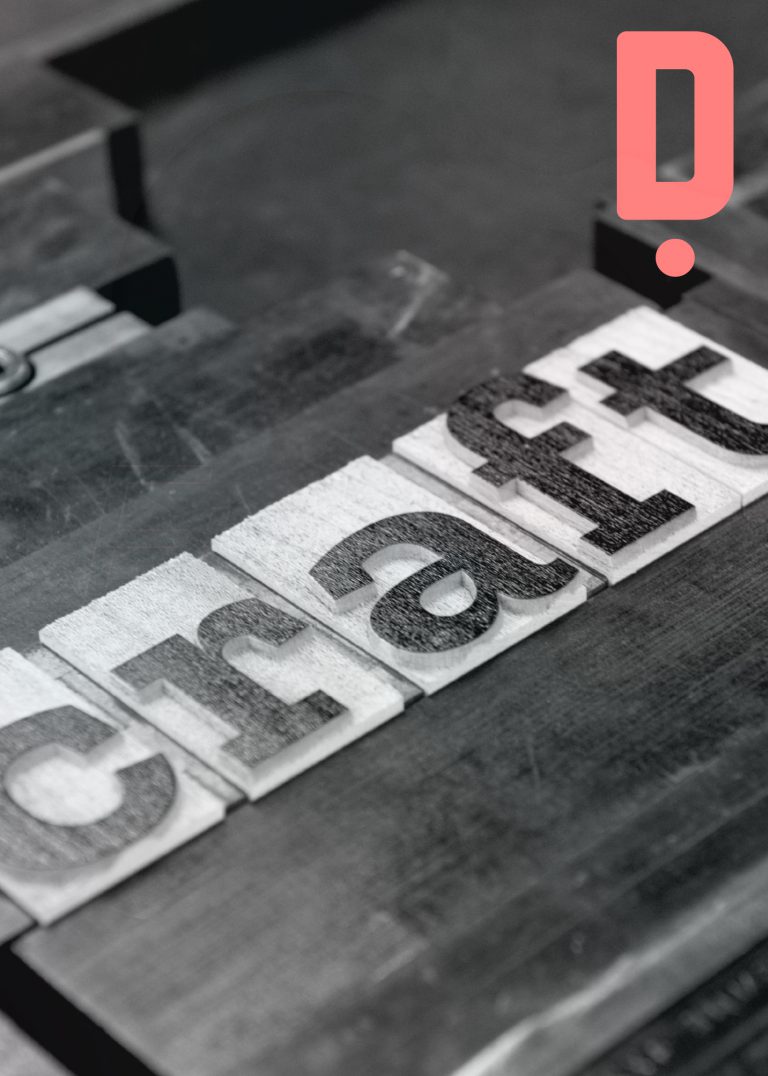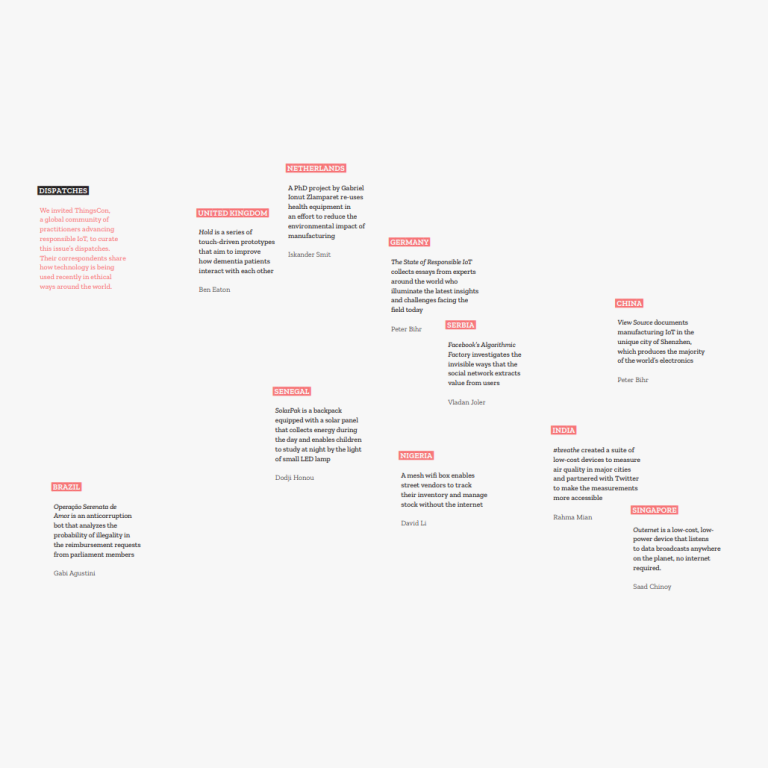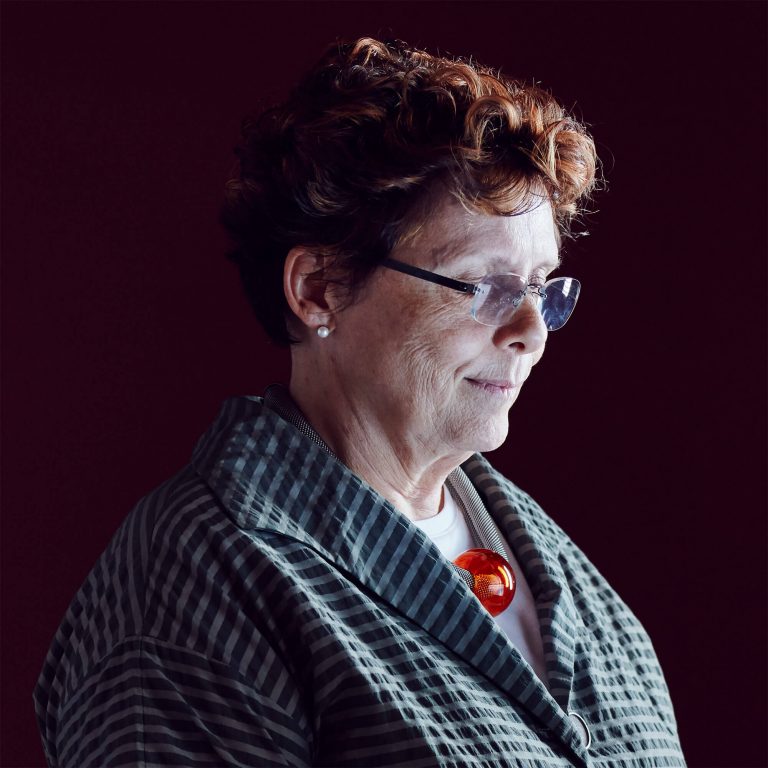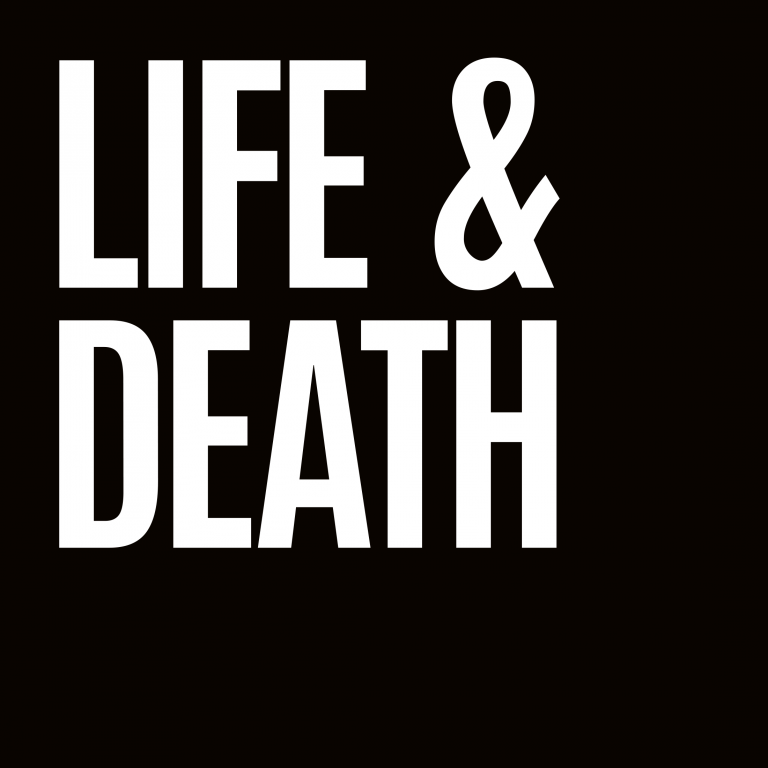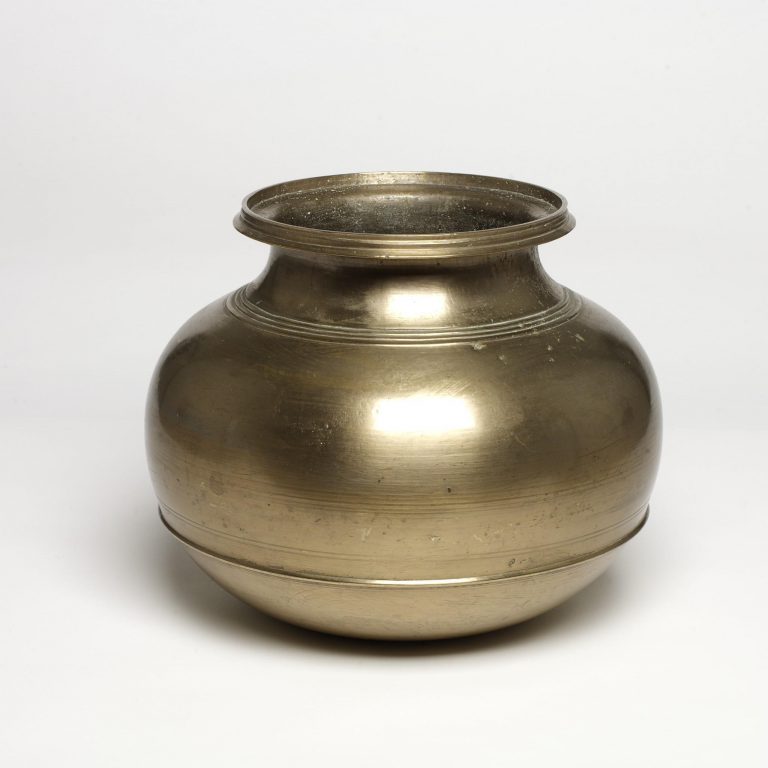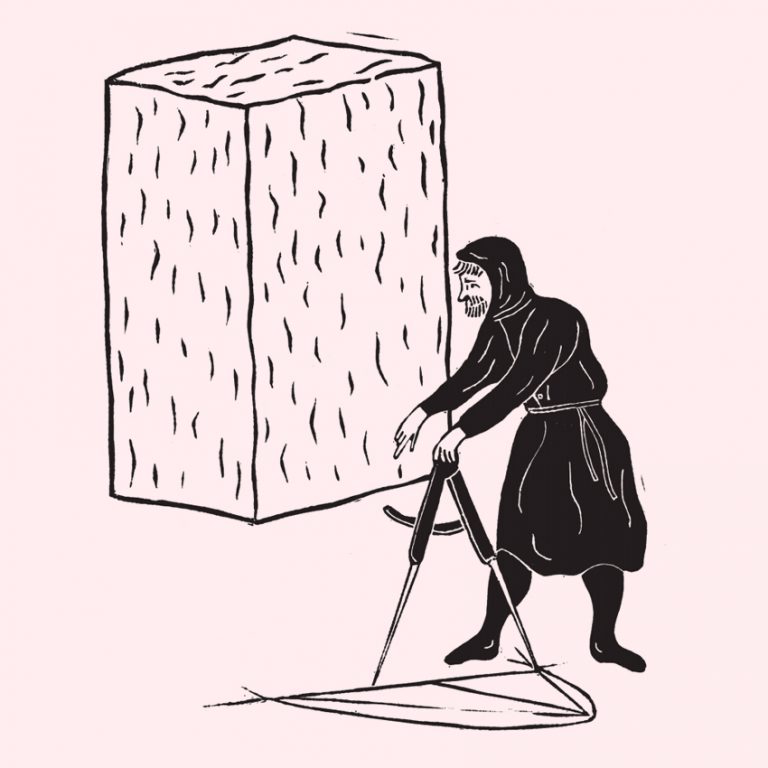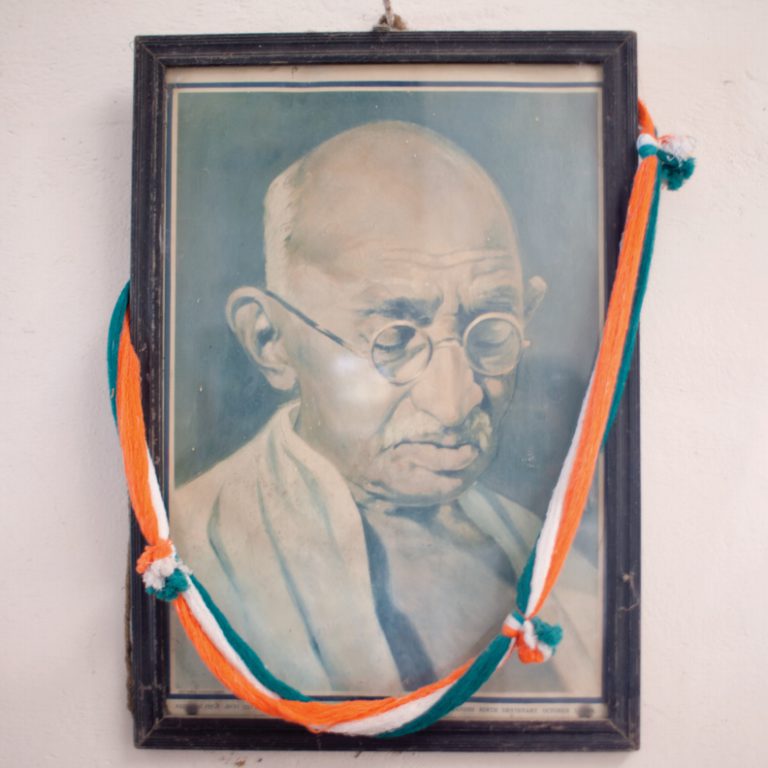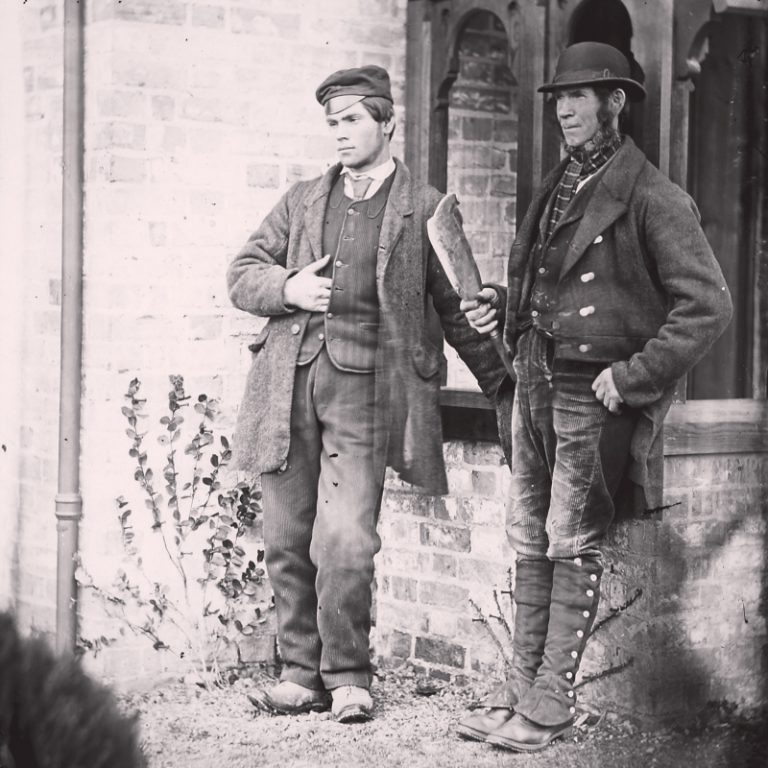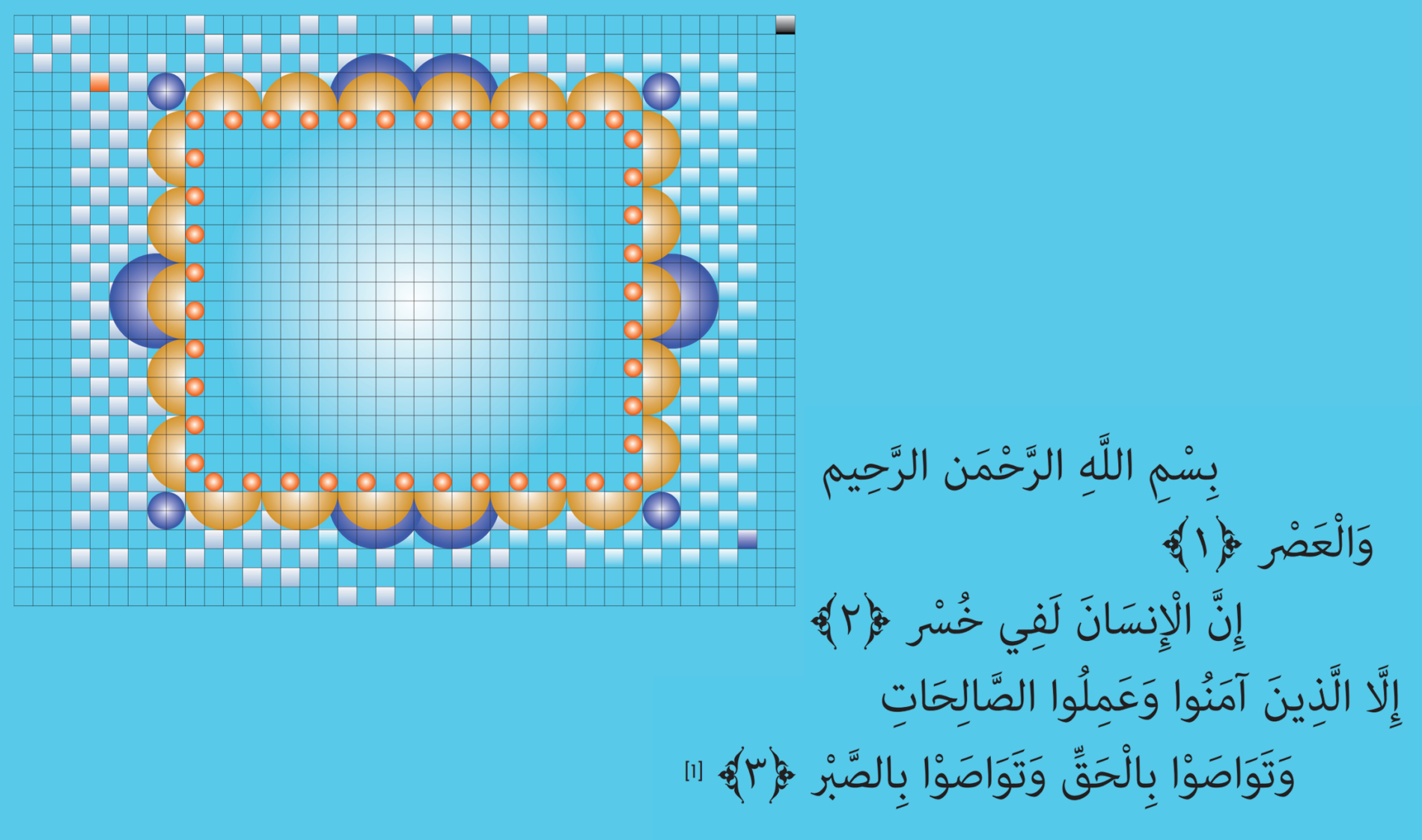
10.04.2025
Imagining and preparing for futures – scenarios that might arise and scenarios we hope will come to pass – is, inevitably, also a question of the past. This is not only because the future can be seen as a past yet to unfold. Alongside the unknown variable that defines what tomorrow might hold, there also exist parallel, known factors in the equation of the future: what has already been and what we (believe we) know. To think in the presence of future and past is, ultimately, an engagement with time and knowledge.
It has always been a rather unsettling experience to philosophize and imagine more ideal (material) conditions while being in spaces of critical knowledge production in the Global North, caught in a tension between dominant premises of thought. To break it down, to oversimplify, even: on one side, the conviction that universal principles of social justice exist, and on the other, that the truth is relative, subjective, and a matter of perspective. Where knowledge is seen as constructed but simultaneously approached through (different) universal lenses to identify oppression, the boundaries within the critical spectrum are highly fluid.
Power structures are tied to knowledge production which define the very notions of reason, rationality and, eventually, truth. Yet it is not a contradiction to simultaneously believe that “objective” (or rather, ultimate) knowledge and truth can exist regardless. Recognizing that our knowledge is limited constitutes a relativization of knowledge. We might not be able to access it because of power structures and oppression; it might also be due to the limitations of human existence.
Before thought, there is belief and conviction: whether or not a worldly and non-worldly space exists. There are perspectives that locate ultimate truth and knowledge outside the earthly domain, transcending it.
It is not only within (academic) spaces of knowledge production that such perspectives are rarely accommodated (or even worse, devaluated or even vilified). My earliest encounters with supposedly empowering ways of imagining futures took place among Global South elites pursuing individual nonconformity, as well as among racialized, academically trained feminists socialized in the Global North, alongside a handful of token non-academics, who were trying to survive oppression by imagining better futures.
It has always been unsettling to witness these sometimes exclusionary visions as someone who is not only “culturally Muslim”. This is not due to any difficulty in facing criticism of religion – quite the contrary. Rather, the discomfort lies in (well-intentioned!) attempts at decolonization through a colonial lens for understanding colonialism, and in imagining an ideal future by projecting modernist assumptions onto premodern contexts, including premodern religions.
Ironically, it is precisely reactionary Muslim groups who fall prey to the same modernist trap, seeking legitimacy by projecting present-day practices onto the past and then labeling them as tradition.
It becomes clear that hermeneutical approaches to Islamic sources, along with their heterogenous histories and philosophical schools, cannot necessarily be placed into categories of scientific and philosophical power/knowledge. Attempting to do so often means reinforcing the very structures of power and knowledge we seek to challenge. Recognizing the importance of context in any interpretation is not a postmodern retreat into relativism, nor is speaking of an ultimate truth a denial of context. Both positions are not only reconcilable but, in many ways, complementary.
The entire essence of this thesis or insight is encapsulated in the first verse of Surah Al-Asr in the Qur’an. The verse starts with a divine oath “By the time”, even though, from a Qur’anic perspective, Allah transcends time.
Time, like space and matter, is a creation that is contingent and not absolute. Chronological time – the linear progression from past to future – is a human construct for understanding events and existence. Yet ultimate truth and justice transcend space and time. Past, present, and future. Here and there.
One interpretation of this divine oath is a clear indication that, although Allah exists beyond it, God swears by time because time is inescapable within the human experience. It is an acknowledgment of the ultimate truth that the relative, universal, and constant experiences of and with time, along with the associated perceptions and knowledge, are real or at least have real implications.
It is precisely within this duality – our limited capacity to knowledge and the existence of an ultimate truth – that we see how closely knowledge and time are tied together for humanity. In a world where power informs supposedly universal theories, while collective experiences and transcendent beliefs are often marginalized, contemplating time inevitably leads us to the question, “What next?” Whether we regard time as a physical dimension, a human construct, created by Allah, or all of these simultaneously, its real-world implications remain. And if we assign value to the linear progression from past to future, we must ask: What are the consequences of knowledge for our present reality, plagued as it is by epistemic violence, oppression, and the ongoing struggle for justice? How can our acknowledgment of limited perspectives coexist with the recognition that hope and action are not merely possible paths but necessary ones?
Imagining futures and preparing for them can, given present and past injustices, offer hope in the face of despair. We are living in times of displacement, exploitation and genocide. Yet believing there is an objective, unshakeable and absolute truth – especially when confronted with institutional and discursive gaslighting and euphemisms – can serve as an effective coping mechanism. Still, hope alone is not enough.
Imagining futures and anticipating several scenarios, both positive and negative developments, also means wasting no time in setting every possible measure in motion to combat injustice. One must act as though one would live forever and at the same time, live as though today were the last day on Earth.
